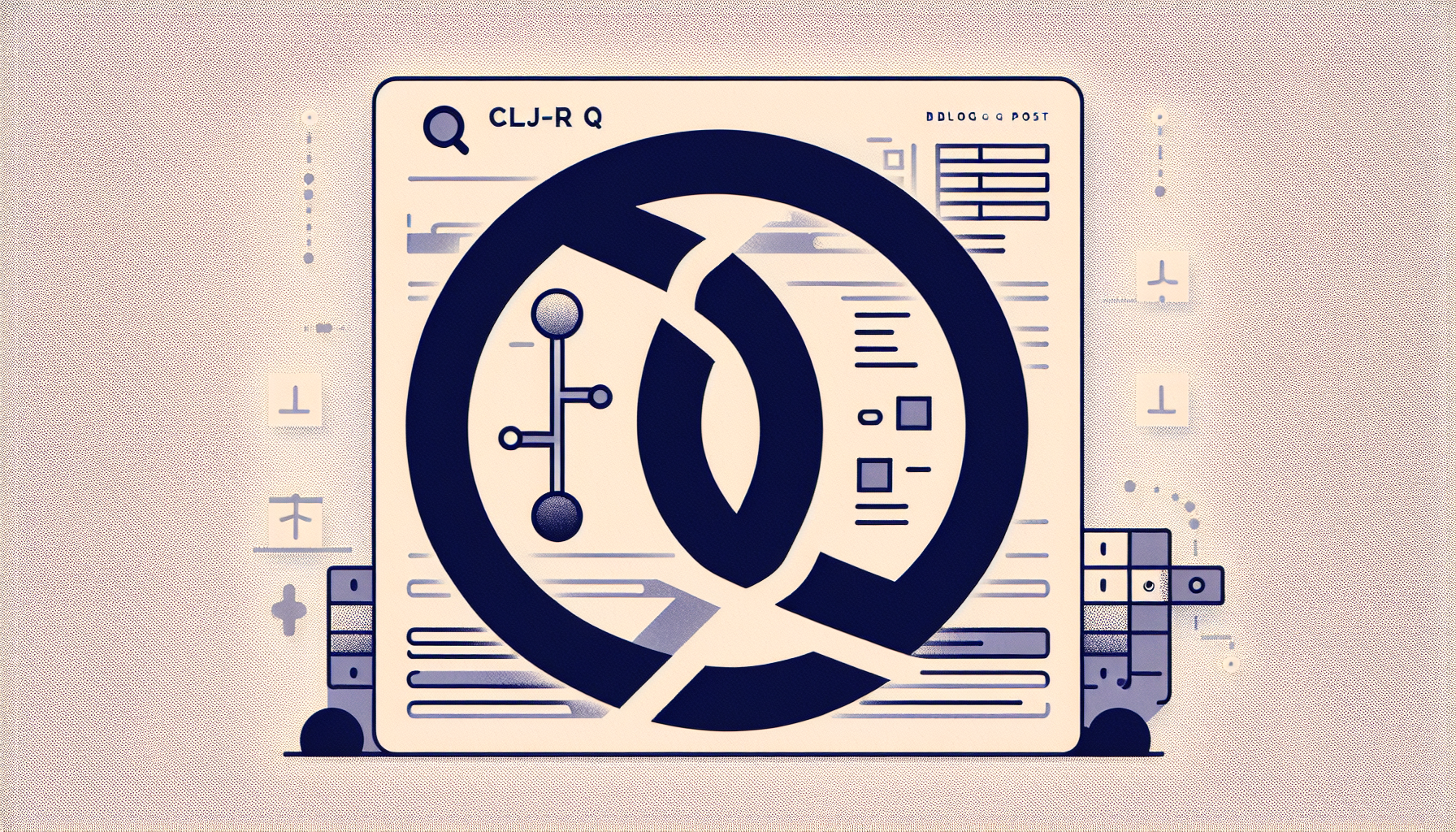Our lib `clj-rq` is finally stable

We are thrilled to announce that we’ve hit an important milestone for clj-rq, an in-house library of ours that has been developed and implemented in our services for the past couple of months and is finally being used and tested in production. The current version v0.1.4 brings implementations intrinsic to both queue and pubsub mechanisms that weren’t available in the past versions.
What’s clj-rq
In case you don’t know clj-rq yet, it’s described, in verbatim from its Github Page as follows:
RQ (Redis Queue) is a simple Clojure package for queueing jobs and processing them in the background with workers. It is backed by Redis and it is designed to have a low barrier to entry.
We began developing it back in May, as an in-house alternative to the currently existing Redis Clojure libraries and wrappers, which were causing significant runtime errors.
We eventually reached out to
carmine, one of the libraries that weren’t working for us, and reported the issues, which actually got solved.
It’s currently being used in our services, and it has been working greatly. Overall, the main goal of the library, if not already understood through the given description, is to be a simple Clojure wrapper over Redis’ Jedis. We haven’t reached 100% coverage yet, but we’re working on it.
Installation
We distribute the library via Clojars.
deps.edn:
| |
project.clj:
| |
Be sure to check the latest versions incase you’re reading this in the future.
Walkthrough
The following examples summarize how clj-rq’s API can be used.
Queue
Pub/Sub
| |
Operations by default follow the Queue order (I mean, look at the name of the library). However, you can pass an option that changes that behaviour.
Using stuartsierra’s component lib
If you use stuartsierra’s component lib, we’ve also recently released our components bundle version v0.1.0. It wraps clj-rq and presents you with a seamless and simple integration.
Installation
We distribute components via Clojars.
deps.edn:
| |
project.clj:
| |
Be sure to check the latest versions incase you’re reading this in the future.




